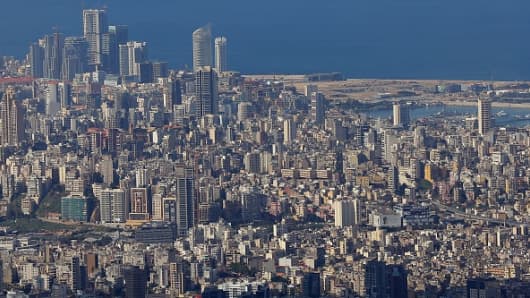
Last month, the Israeli company that was authorized to drill in the $320 million Hatrurium oil reservoir in the Dead Sea confirmed that the find sat completely within the Israeli maritime zone. Some estimates say that when drilling starts, the crude oil and gas recovered from the well could make the net energy-importer Israel completely energy independent, especially since the country authorized Houston-based Noble Energy and Israeli partner Delek to develop the massive Leviathan gas field—an offshore play located in the increasingly prolific Levant basin of the Mediterranean Sea. Israel shares access to the basin—estimated by the 2010 United States Geological Survey to hold 1.7 billion barrels of recoverable oil—with Lebanon, Syria and Cyprus.
Earlier this year, Cyprus offered licensing tenders for 12 blocks of maritime space in the basin.The Syrian Civil War and the infiltration of the Islamic State and
other terrorist groups have kept Syria too occupied to think about
pricey new offshore drilling ventures. But what has been keeping Lebanon from reaping the benefits of the “underexplored” oil in the sea right in its backyard?










